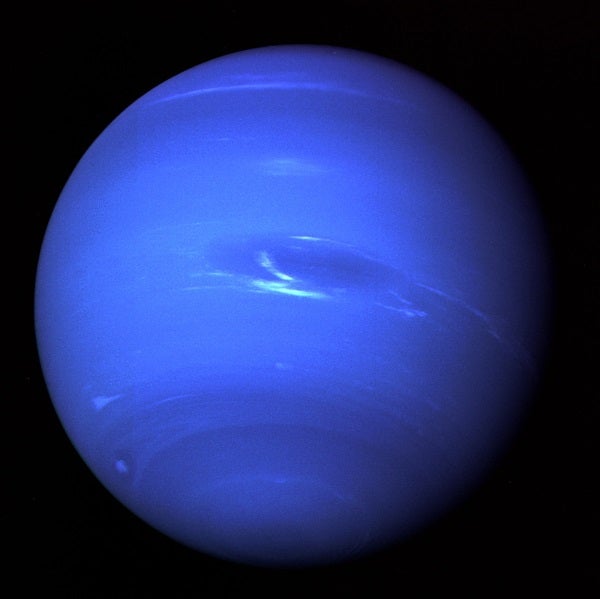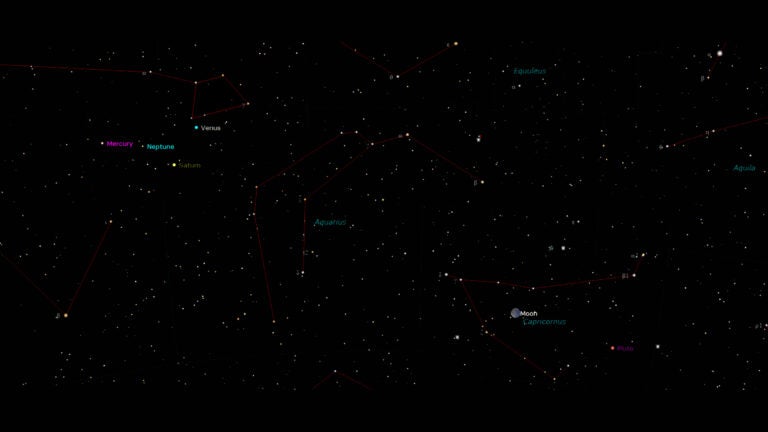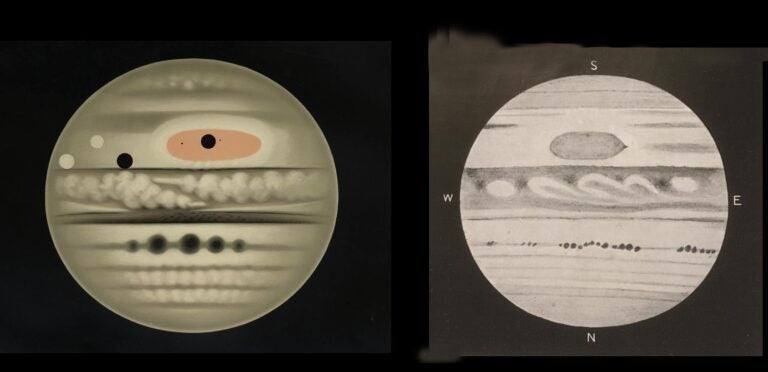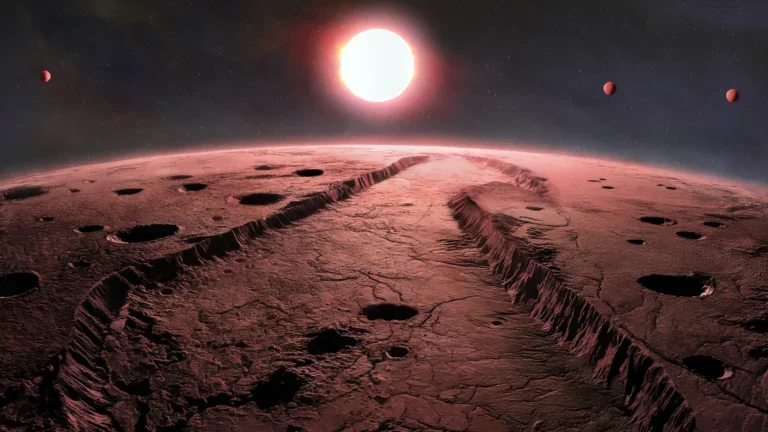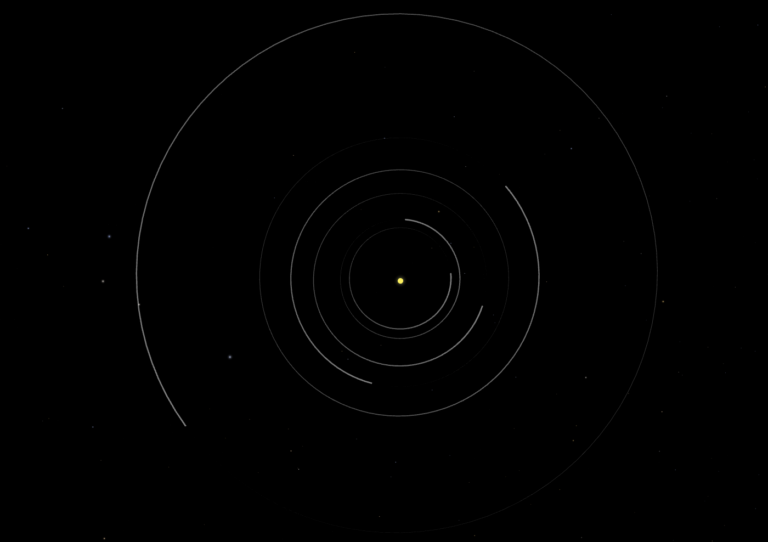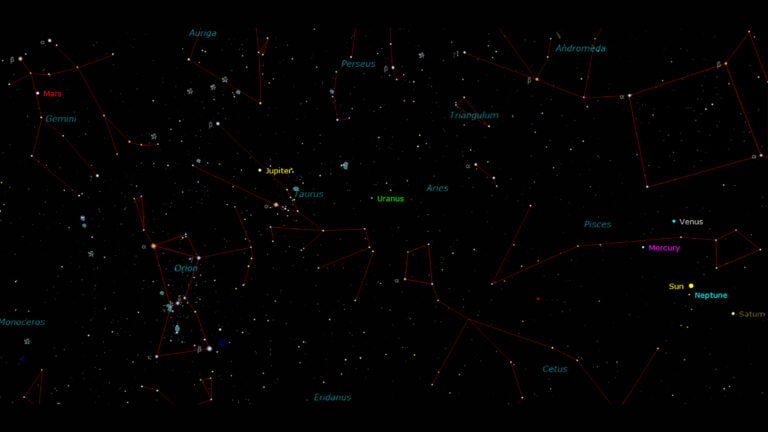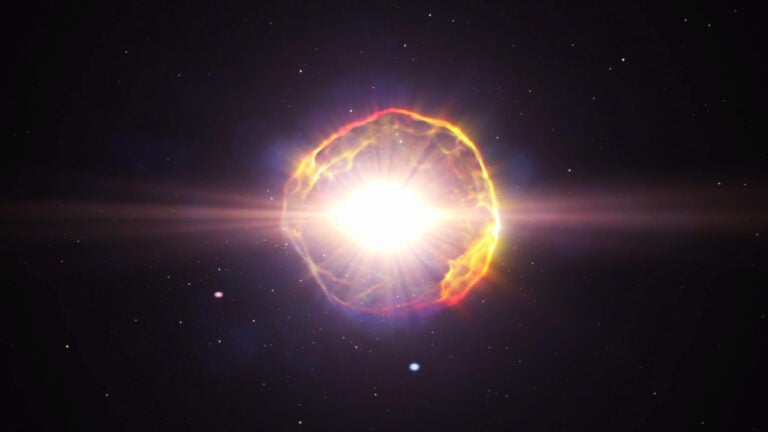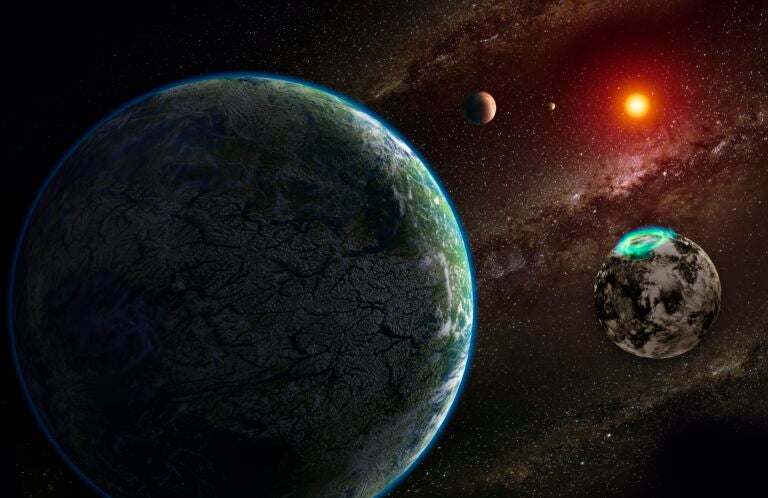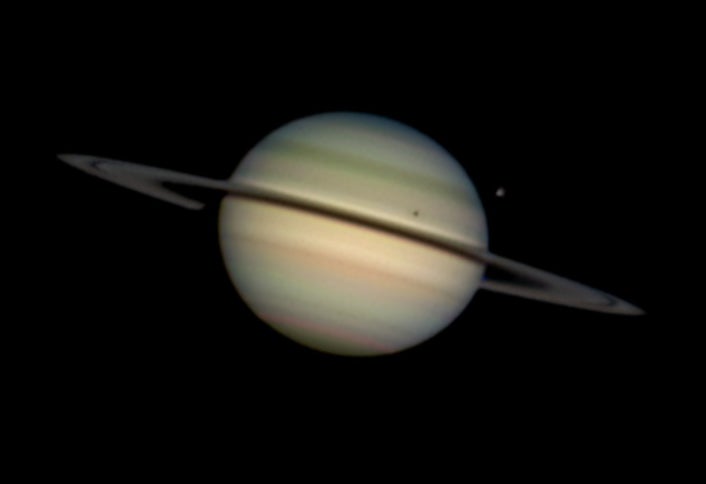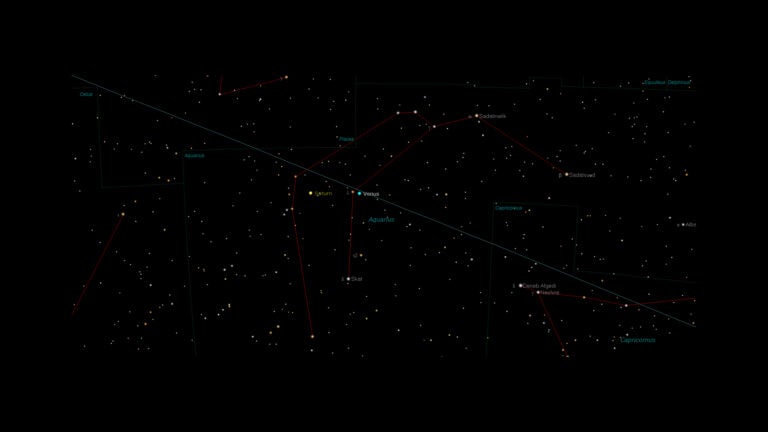Q: Could the irregularities astronomers detected in Neptune’s orbit HAVE been caused by “planet nine”?
Robert B. Ellis
Tucson, Arizona
A: Many people are familiar with the fantastic story of the discovery of Neptune. Based on the observation that Uranus’ orbit was not as expected, French astronomer Urbain Le Verrier (and, independently, English astronomer John Couch Adams) predicted Neptune’s existence in 1845.
Le Verrier wrote to German astronomer Johann Galle at the Berlin Observatory, who discovered Neptune the night Le Verrier’s letter arrived (September 23, 1846), within 1° of his prediction. That angle is about half the apparent width of a finger at the end of an outstretched arm seen against the sky.
Pluto’s discovery was much more by chance. There were many predictions of Pluto’s orbit prior to its discovery, most of which were not even close to giving Pluto’s actual position. Several well-known astronomers contributed predictions, including, most famously, Americans Edward Charles Pickering and Percival Lowell. Lowell’s prediction, made in 1914, was remarkably close to Pluto’s actual orbit, although his estimate of the planet’s mass was a few thousand times too large at 6.6 Earth masses.
Today, we think those early predictions were based on the incorrectly known mass of Neptune. After Voyager 2’s encounter with Neptune in 1989, researchers used telemetry data to revise Neptune’s mass, after which there were no longer any observed discrepancies in Uranus’ or Neptune’s orbit. So, unfortunately, the answer to your question is “No,” because today we see no perceptible irregularities in Neptune’s orbit.
I say “unfortunately” because many astronomers, including me, do think there is some evidence for an undiscovered planet in the outer regions of our solar system. The orbits of many of the most distant trans-Neptunian minor planets, as well as the dwarf planets Sedna and 2012 VP113, are curiously aligned. One possible explanation for this alignment is the action of an as-yet undiscovered planet much more massive than Earth in the outer regions of the solar system. Only future discoveries (or lack thereof) will show whether the predictions of this hypothesized planet are like the many incorrect predictions made about Pluto prior to its discovery, or whether they are more like Le Verrier’s astonishingly accurate prediction of Neptune.
Assistant Professor Department of Physics and Astronomy Northern Arizona University

